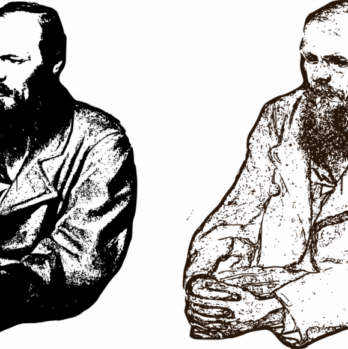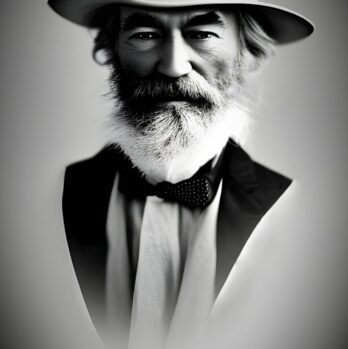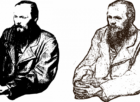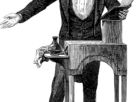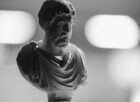Ludvig Holberg: Den Store Komediant fra Norden
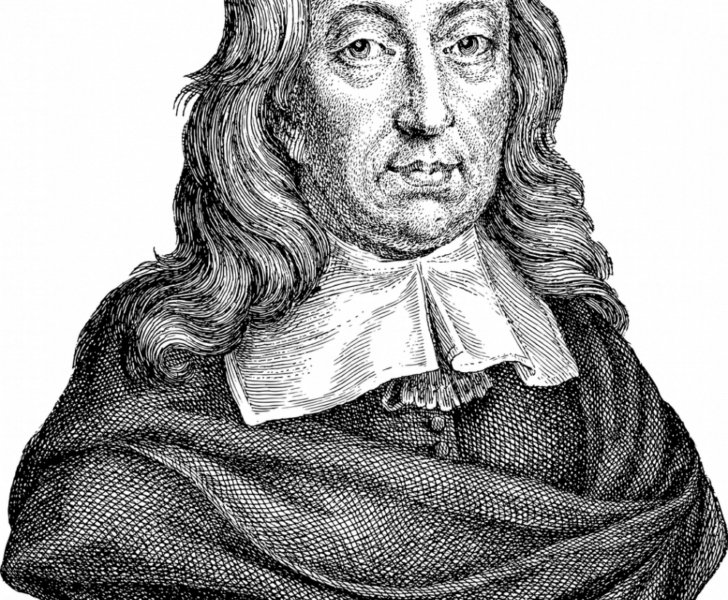
Introduction
Ludvig Holberg, often referred to as the “Moliere of the North,” is a Danish-Norwegian playwright, philosopher, and historian who left an indelible mark on the Scandinavian literary scene. His satirical works and comedies have not only entertained audiences for centuries but also contributed to shaping the cultural identity of the Nordic region. In this article, we will delve into the life and works of Ludvig Holberg, providing essential information for those interested in understanding and appreciating his contributions.
Historical Background
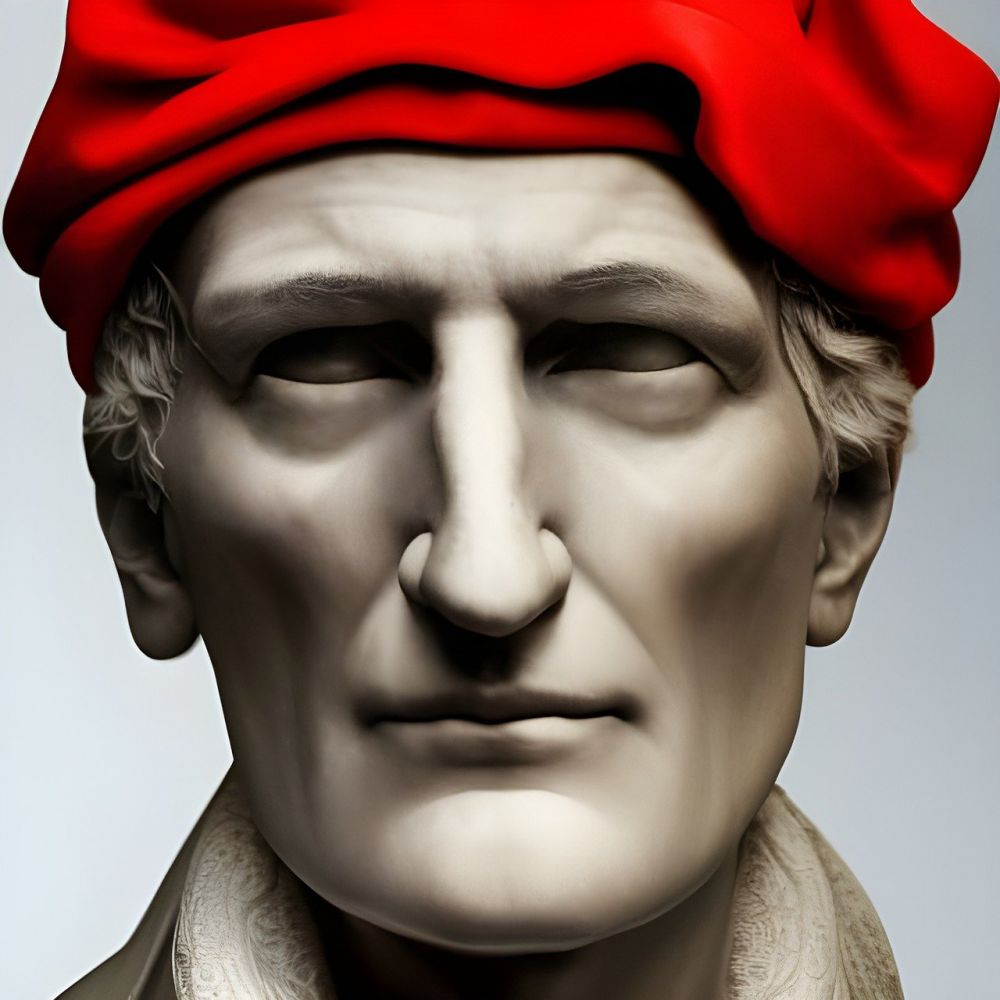
Ludvig Holberg was born on December 3, 1684, in Bergen, Norway, which was then part of the Kingdom of Denmark-Norway. His upbringing was marked by financial struggles, but he managed to overcome these obstacles through his exceptional academic abilities. After studying at the University of Copenhagen, he embarked on a journey to become a legal scholar and ultimately achieved great success in the field of law. However, it was his passion for literature and drama that truly defined his legacy.
The Rise of Ludvig Holberg
Holberg’s literary career started with his groundbreaking work “Peder Paars,” published in 1719. This heroic-comic poem quickly gained popularity and established him as a formidable writer. Buoyed by this success, Holberg continued to explore new genres, including satirical plays such as “Jeppe of the Hill” and “Erasmus Montanus.” These works not only entertained audiences but also challenged the societal norms and ideologies prevalent at the time.
Holberg’s Comedies
One of Holberg’s most significant contributions to the dramatic realm was his mastery of comedy. His plays explored various themes, often using satire and wit to criticize political corruption, social conventions, and outdated institutions. Works like “The Political Tinker” and “The Coffee House” showcased his ability to blend humor with profound social commentary. Through his comedic genius, Holberg managed to shed light on the human condition and provoke introspection.
Holberg’s Influence and Legacy
Holberg’s impact extends far beyond the boundaries of his time. His works continue to be performed and celebrated today, both within Scandinavia and around the world. Many of his characters and themes remain relevant in contemporary society, testifying to his enduring relevance. Furthermore, Holberg’s contributions to the Danish language cannot be overstated. His plays played a crucial role in standardizing Danish and contributed to the development of a distinct national identity.
To further appreciate the brilliance of Ludvig Holberg, take a moment to watch this captivating video exploring his life and works.
Conclusion
Ludvig Holberg was a literary giant whose impact has reverberated through the centuries. His comedies and satirical plays not only entertained audiences but also challenged societal norms and highlighted the human condition. Today, he is rightfully celebrated as one of the most influential figures in Nordic literature, leaving an indelible mark on the cultural identity of the region. As we continue to explore the nuances and complexities of Ludvig Holberg’s works, we gain a deeper understanding of the timeless power of art and its ability to shape societies.
